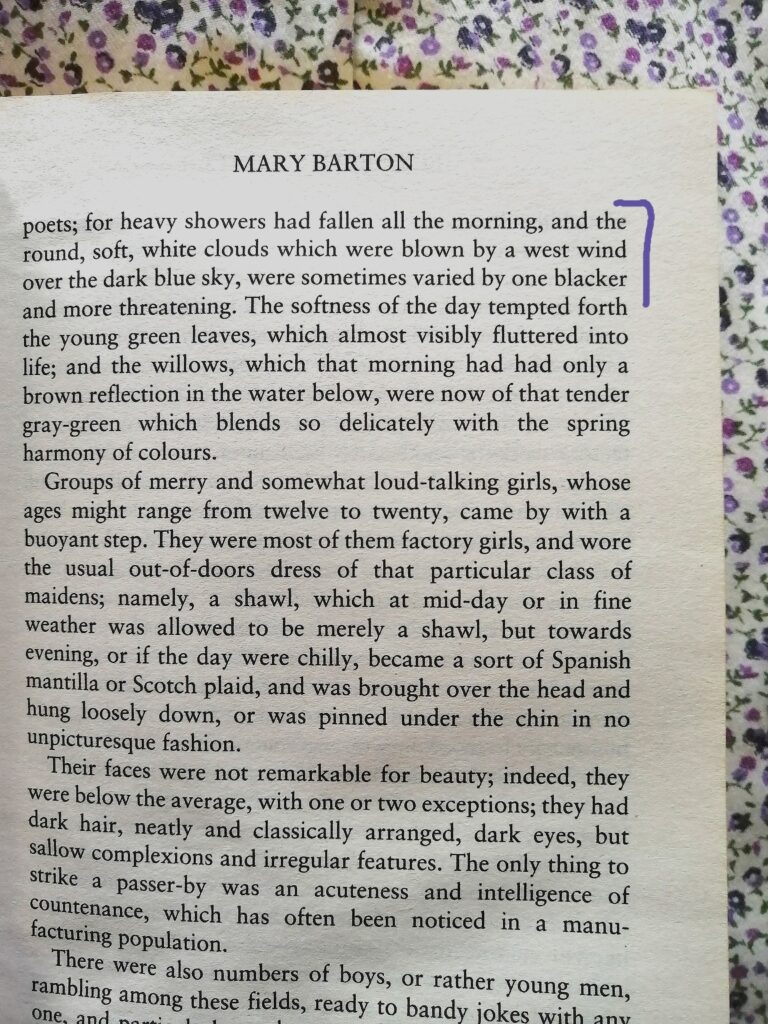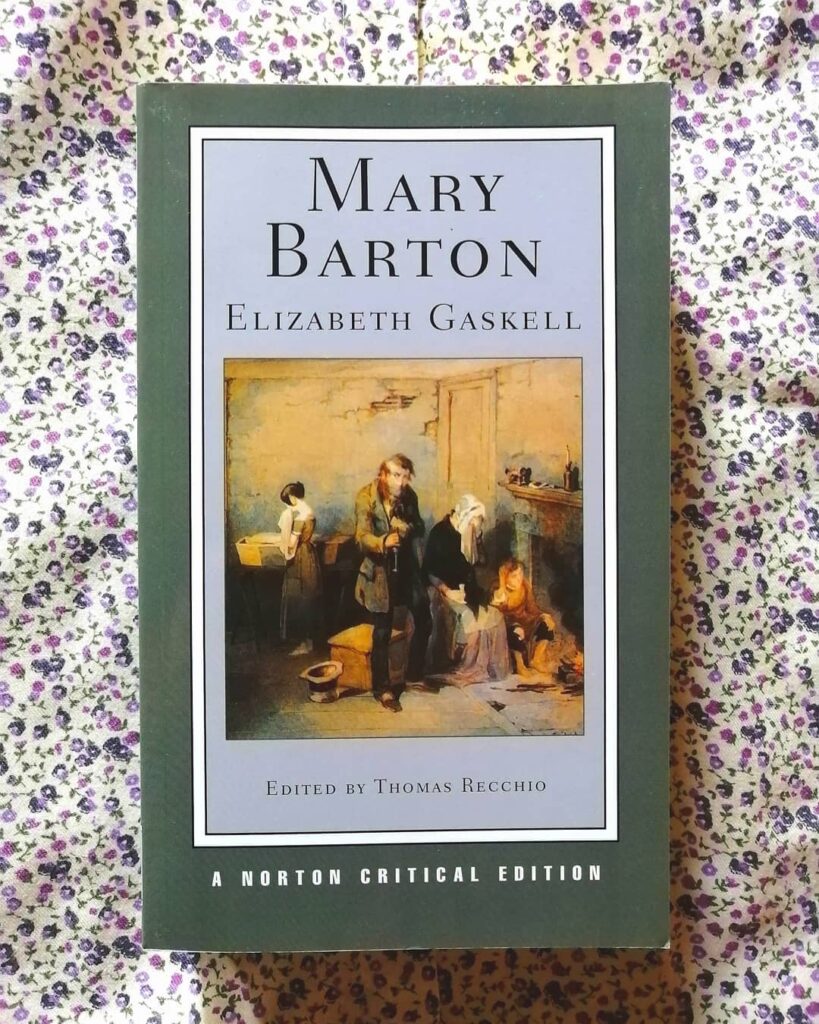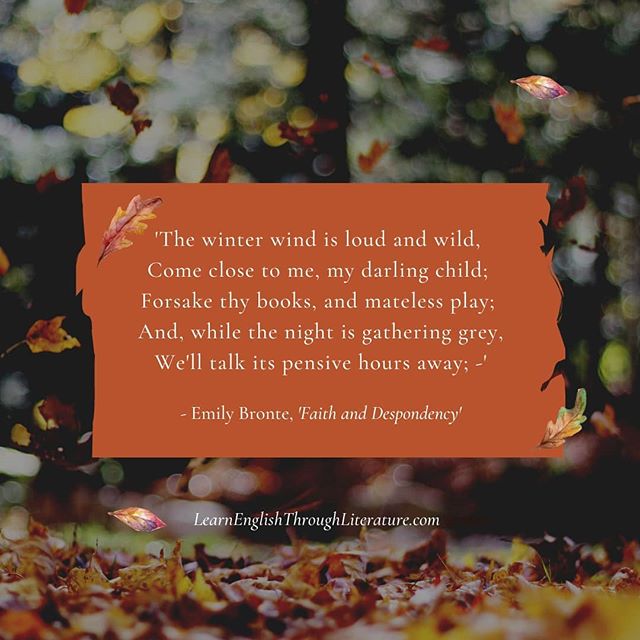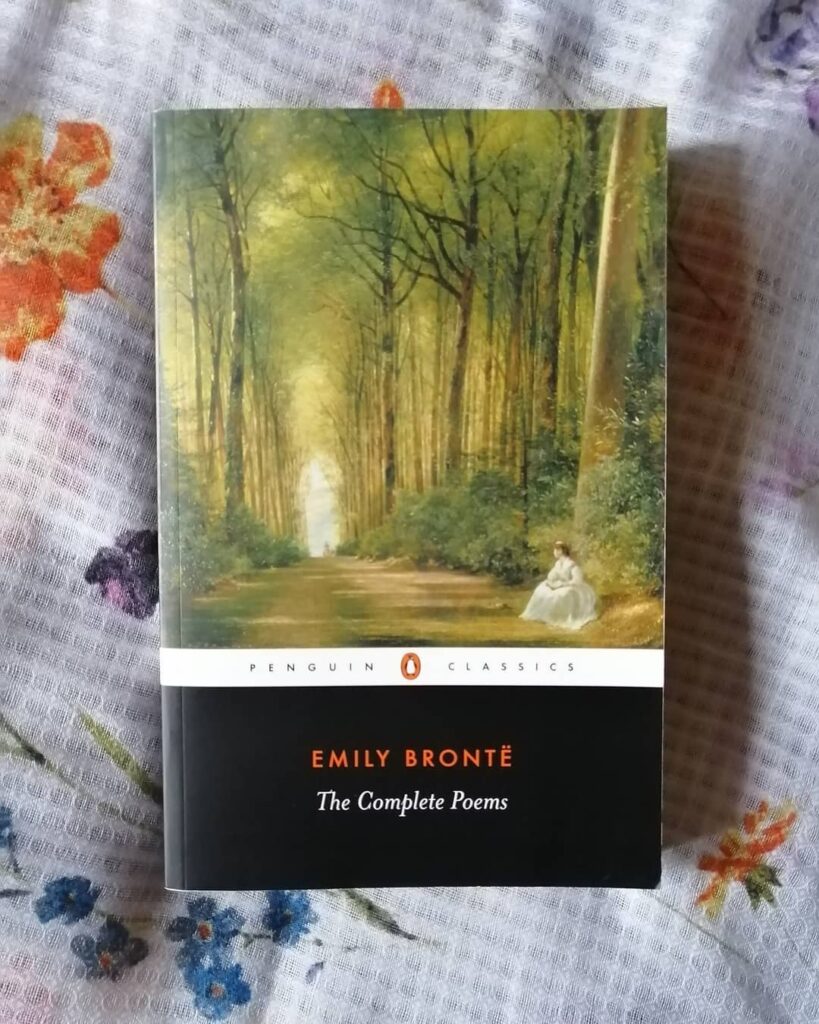Lesson #133: Common Mistakes Made With Comparative Adjectives (Part 2)
Comparative adjectives can also work for describing lesser amounts of something. Again, from Gaskell’s Mary Barton: 📗 ‘The friend whom they met was more handsome and less sensible-looking than the man I have just described; he seemed hearty and hopeful, and although his age was greater, yet there was far more of youth’s buoyancy in his appearance.’ […]
Lesson #133: Common Mistakes Made With Comparative Adjectives (Part 2) Read More »




